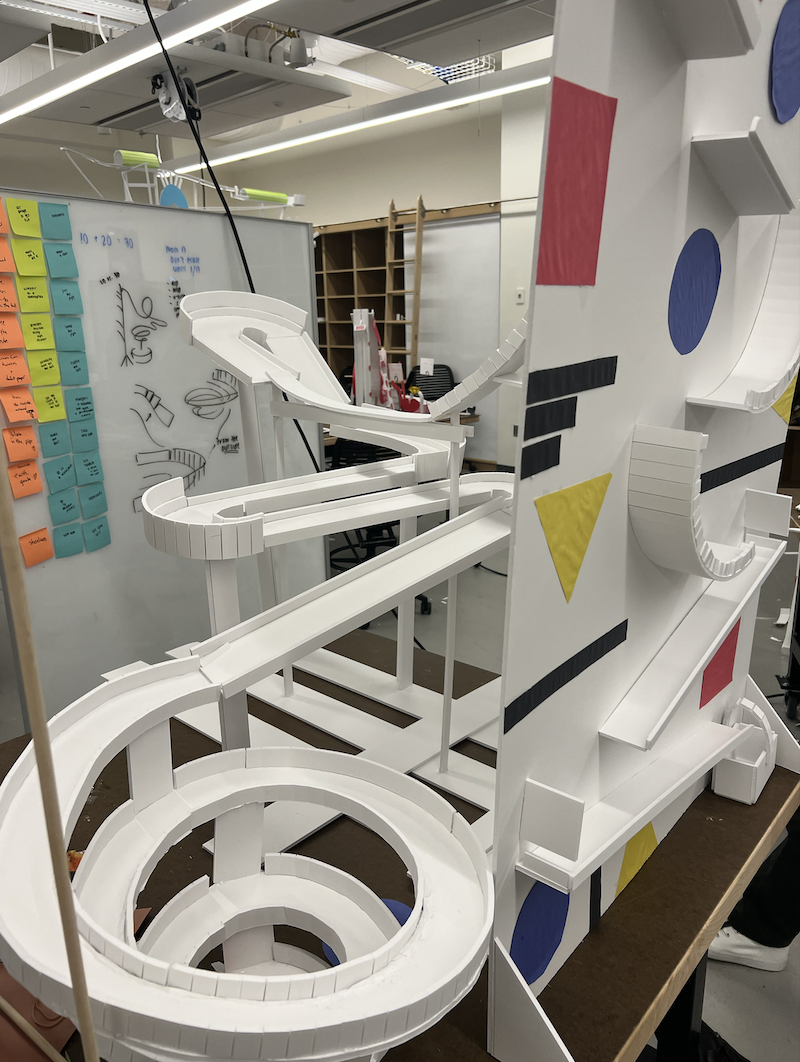

Batuhan Saridede


To all Humanities People: Take an Engineering Class Sometime!
I want to preface this blog entry by thanking fellow blogger Luke Grayson, whose entry titled "To all STEM People: take a theatre class sometime!" influenced this entry of mine.
For context, I was not having a blast in high school when forced to take physics, math, chemistry, or STEM field of any sort (except biology; LOVE biology!). Even though my high school allowed for a certain level of flexibility in the curriculum, I had a narrow idea of what I wanted to pursue in college coming into Dartmouth. I thought I knew my major, other areas I vaguely wanted to explore, and the notorious STEM classes I would take to fulfill distributive requirements. However, over the past few months, my conception of the liberal arts has taken a completely different spin.
More often than not, people think of distributive requirements as a curricular implication that forces people out of their comfort zone. I have affirmed the preceding statement for a long time as well. However, I realized that "forcing" out of a comfort zone can and should rather be framed as "extending" one's comfort zone to appreciate interdisciplinary inquiry. No one should feel like they are taking a class for the sake of fulfilling requirements. By that rationale, I realized it is possible to find ways to explore beyond my current comfort zone but still engage in educational content I find engaging in my unique way. Surprisingly, I found such engagement in a field I thought I would never consider: engineering!
One of the courses I am taking this term is called "Engineering 12: Design Thinking." The course covers unconventional ways of thinking to bolster creative design practices. The course is structured around weekly projects, where we apply different cognitive strategies to cover topics like design principles, human need-finding, brainstorming, scenario building, and visual thinking.

I was surprised to see how interdisciplinary an engineering course can get. We get assigned weekly readings and keep a journal to log our takeaways from said readings. So far, I have found the readings incredibly inspiring and even started reading beyond the assigned chapters of certain books to get a more extensive understanding of certain design principles and methodologies. Along with readings, the course includes a "design log," where we sketch the visual content we are exposed to over a week. We are assigned to keep lists of design choices that we like and dislike with visual depictions of said design choices. "Design Thinking" is the first course I have ever taken where I feel like the course content directly influences the way I navigate life. I am more cognizant of how human experiences are designed.
Adopting a growth mindset allowed me to reframe distributive requirements in a way that the Dartmouth curriculum empowers my learning. So, to all humanities people: take an engineering class sometime!
Posts You Might Like

In this post, I write about why I think Dartmouth's undergraduate focus is valuable.


As I am now back on campus for my sophomore spring, here is a (slightly overdue) recap of how the classes I took this past winter!


After returning from an enriching study abroad program, I'm diving into a bustling spring semester here at Dartmouth. Here are my four courses I'm taking this term!


Many foundational level STEM classes at Dartmouth make use of hands-on labs. Here's my experience in two very different lab settings!


Dartmouth's liberal arts curriculum pushes students to explore new departments and draw connections between seemingly disparate disciplines. Come explore my Economics, Physics, and Asian, Societies, Cultures, and Languages classes!


Aside from taking classes this term, I will also be completing my second term of the Presidential Scholars Program.


The English minor at Dartmouth consists of any six classes in the department that you want to take. Here's what I took!


If you're an admitted student, Dartmouth chose you. Here's why you should choose Dartmouth, in my opinion.


At Dartmouth, there is an undergraduate requirement for language; after all, it is the liberal arts! Fulfilling this requirement looks different for various people and I will focus on my experience.
